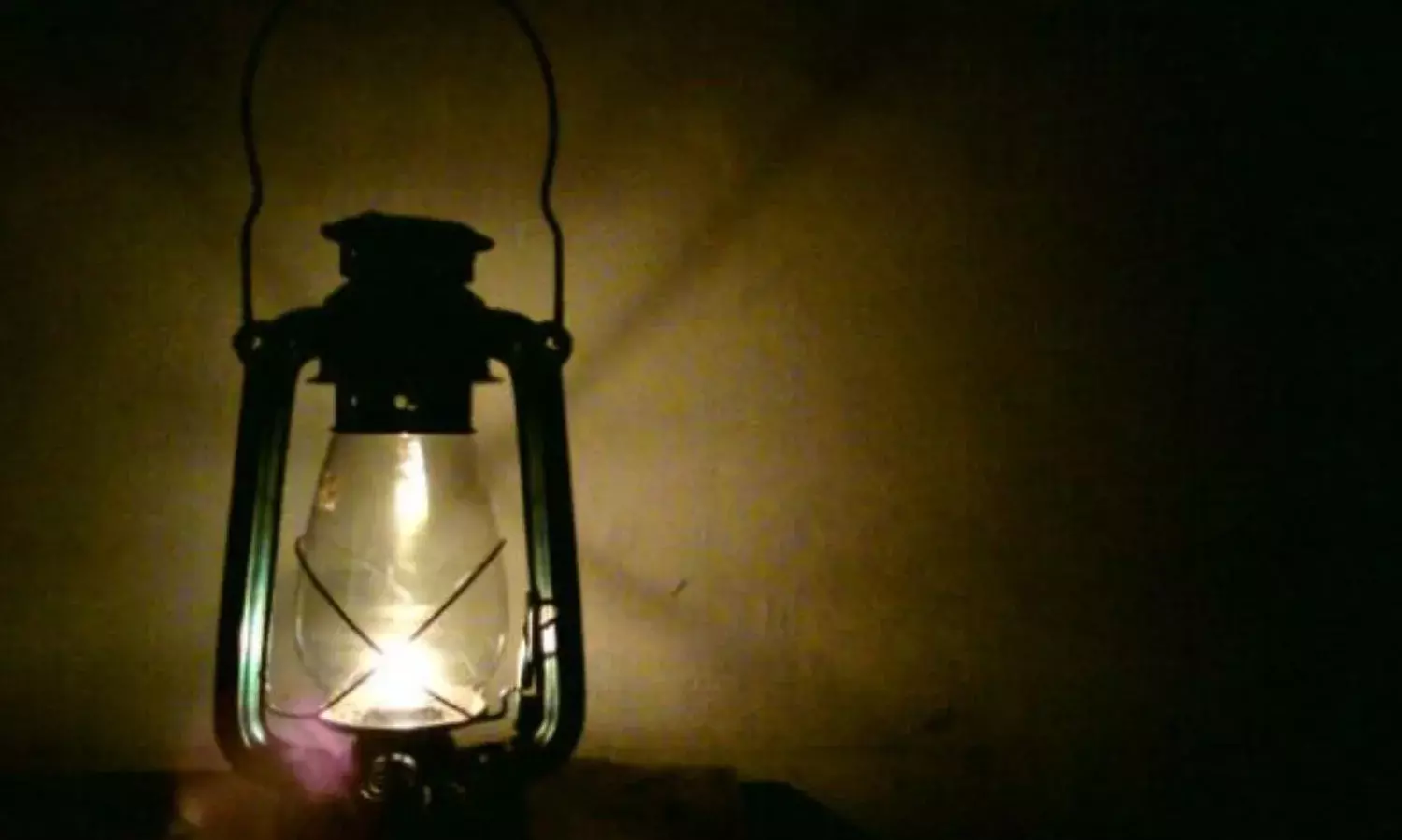A ‘Love Letter’ Of Days We Like to Forget
The visits by the ‘boys’
On his birthday, the author remembers his turbulent childhood through the 1990s in Assam and writes a letter to his lover.
Evenings, as I told you once, are chased butterflies from childhood. As I grow old this evening, I decided to sit with Mukul’s much talked-about documentary on childhoods like ours, spent in a bloodied and battered Assam of the nineties. Remember that Piyush Mishra line you and I together gaped at: “…jitna bachpan sach, utna hi prem nivedan bhi sach hai”? (Did I tell you I once smoke a bidi with him at the IHC? Haha.) So, if I aspire to not know ways of losing you, I must tell you about my childhood that, his film reminded me, I must always wear as a scar if not a wound. A scar that is part of who I am, as exposed and vulnerable as in love.
The film begins with people’s memories of blackouts during those ULFA-and-Army days. Nights when lights must be turned out and the Army would get cracking with their endless operations. They were indeed frequent in towns. There, however, were villages that still stared at light bulbs when they visited nearby towns by that one daily Transport bus, usually to see a doctor by the time he was of little help, and sometimes to visit the moderately affluent relations who settled in towns because anonymity meant some hopes for insulation, from the Army’s tyranny and from ULFA’s extortion drives.
Nights and childhoods were symbiotic and indistinguishable in my village. Ours were nights where all mothers were stung by a scorpion. I remember how my parents quivered when a bicycle bell was heard on our front yard at night – night meant after seven-thirty. It meant that the boys had come. It meant that pigeons in the house had to be cooked and served, beds made, cricket-deepened nights spent in terror.
If the angry young boys were turned away, anything could happen to you. If they were not, the Army could just be here, and you know the rest. We had a scooter, you know. An old Bajaj Super, have you seen one? The tall, bearded boy who came riding a Rajdoot one evening when Deuta was not home, ignored Maa’s faint and scared protests and barged into every room in the house looking for petrol that Deuta may have saved for a rainy day comes in my nightmares till date. I was very disturbed. For a long time to come, bearded men with big eyes made me recoil.
Every evening, the family would sit together in the front yard and wait for Deuta to come back from work. I would be kept on a fold-down bed or an armchair. Between our house and the PWD road lies a sprawling paddy field bordered by a narrow causeway, as you saw when you visited us this Bihu. In the darkness, we would patiently wait for the torch beam to appear on the PWD road over there. Each torch was a hope that it was probably Deuta. They usually did not leave the main road, did not take the turn.
It was not him, then. Many torches later, my little eyes would light up when the rays turned, took the causeway and kept coming closer and closer. It was a homecoming father’s three-battery torch beam-- flickering, patient, anticipatory. Sometimes, though, the bicycle did not take the final turn. Oh, it must be an uncle from the neighbouring house. The suspended wait resumed. And when father was finally home, it was another jubilant day, another day he safely made home, did not disappear forever. Another deeply thankful day, where we could now eat together, dim the lamp and go to sleep. If the boys don’t visit tonight, that is.
Remember, as we were falling for each other, you sang to me of dimmed lamps? Sanjha ki baati bhi koi bujha de aaj, you had lilted. You wanted the lamp put out. I remembered its sooted underside and kerosene body. And I realized that our evenings are no different, yours and mine. All evenings, like I said, are chased butterflies from childhood, tutoring one in looming loss. No difference is much difference, and no distance, my love, is long distance.
I miss you.





